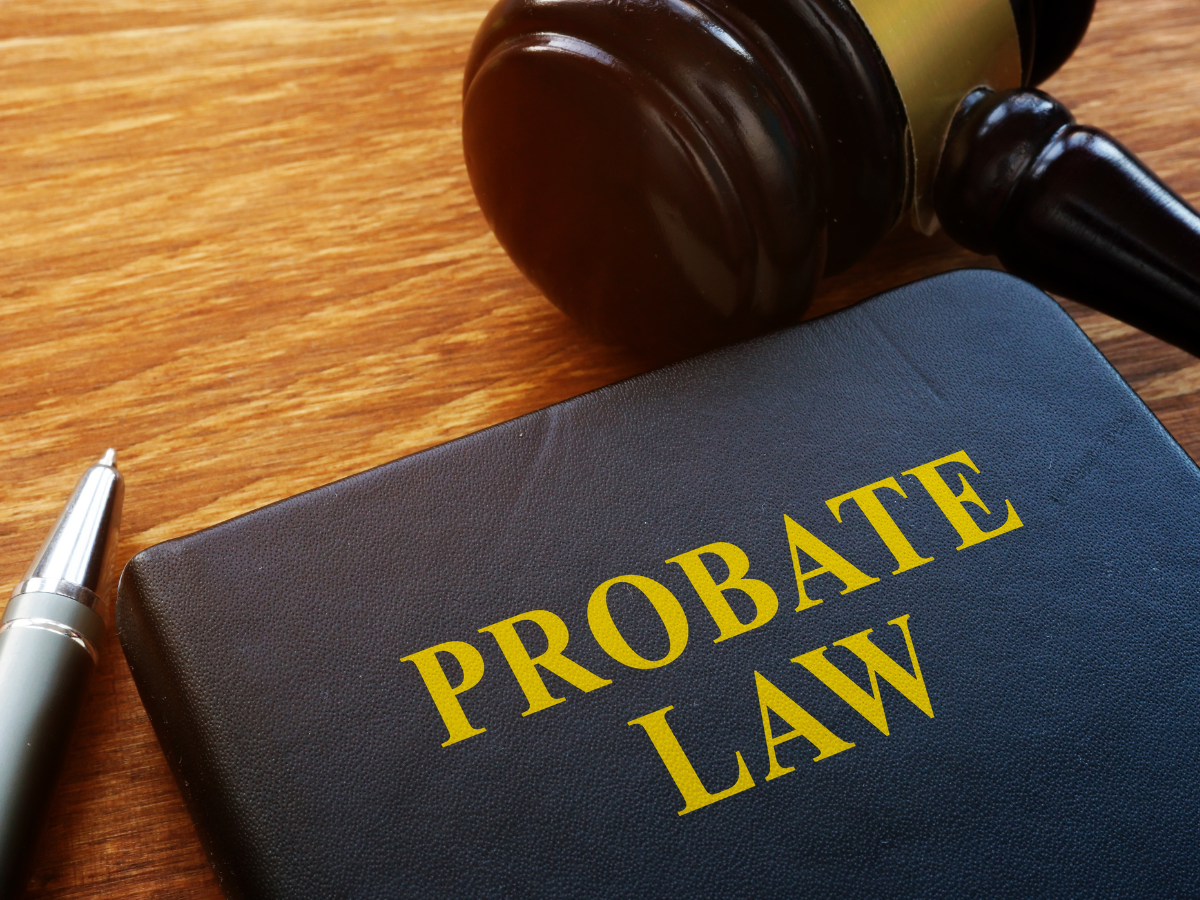When someone passes away, their estate may need to go through probate, a legal process
where the deceased person’s assets are distributed according to their will or state law.
However, not all assets are required to go through probate. Understanding this distinction can
help simplify the estate planning process and ensure that your loved ones are taken care of.
Probate Assets in Texas
Probate assets are those that must go through the legal process of probate in order to be
transferred to heirs or beneficiaries. These assets are typically those that are not automatically
transferred to a beneficiary or joint owner upon death.
Generally Speaking, assets that are titled solely in the decedent’s name, without any designated
beneficiary, must go through probate. This includes property such as a house, car, financial
account or any other assets that are not jointly owned or have a beneficiary designation.
Financial Accounts Without Beneficiaries
Financial accounts (such as bank accounts or retirement accounts) that do not have a
beneficiary or beneficiaries designated, must go through probate. Without these designations,
the account will be subject to probate. If a beneficiary is listed, the funds can bypass probate
and be transferred directly to the beneficiary. A person that believes they are a beneficiary of
an account will contact the institution directly and follow the institution’s instructions to access
the funds.
Business Interests
Whether a decedent’s business interest is subject to probate depends on the type of entity and
how the entity is structured. Other factors include whether the entity is a sole proprietorship or
there were other members/owners and whether there were bylaws or an operating agreement
that addressed a death scenario. Absent governing documents that address death, business
interest will be subject to probate.
Non-Probate Assets in Texas
Non-probate assets are those that bypass the probate process and are transferred directly to
beneficiaries or co-owners. These assets are typically those that have a clear designation of
who will receive the property upon the owner’s death.
Jointly Owned Property with Rights of Survivorship
In Texas, property that is jointly owned with another person and has a right of survivorship
automatically passes to the surviving owner upon death. This includes assets such as joint bank
accounts or any property that designates the surviving owner as the recipient of the asset upon
the other owner’s death. In Texas, real estate does not have an automatic right of survivorship;
however, Texas does allow the use of a Transfer on Death Deed (“TODD”), which essentially
will create a right of survivorship in real estate.
Assets with Beneficiary Designations
Certain assets allow the owner to designate a beneficiary who will receive the asset upon their
death, without the need for probate. These assets include:
Life Insurance Policies: If a life insurance policy has named beneficiaries, the policy proceeds
will go directly to those beneficiaries.
Retirement Accounts: IRAs, 401(k)s, and other retirement accounts with named beneficiaries
will transfer directly to those beneficiaries, bypassing probate.
Annuities: Like retirement accounts, annuities with designated beneficiaries are transferred
directly to the beneficiary upon the owner’s death.
Payable-on-Death (POD) and Transfer-on-Death (TOD) Accounts
Bank and brokerage accounts that are set up with a POD or TOD beneficiary bypass probate.
These types of accounts allow the account holder to designate a beneficiary who will inherit the
account upon the holder’s death. The transfer occurs without the need for court intervention,
and the funds are distributed directly to the named beneficiary.
Trust Assets
Property and assets held in a revocable or irrevocable trust are considered non-probate assets.
These assets are distributed according to the terms of the trust, and no court intervention is
required.
